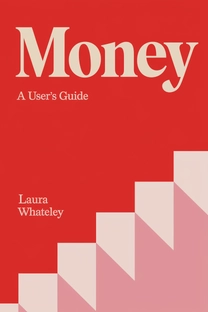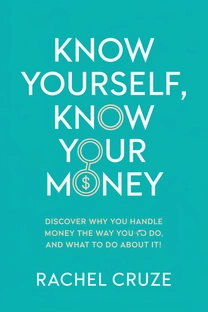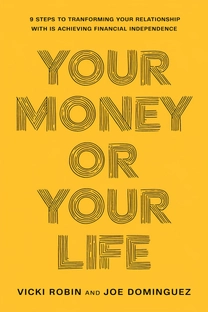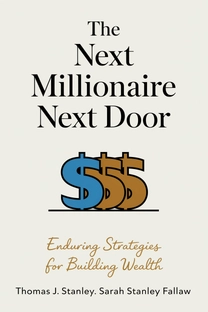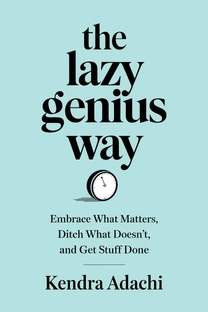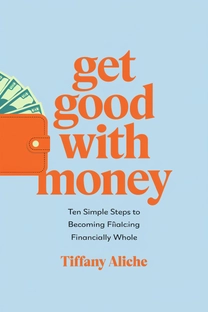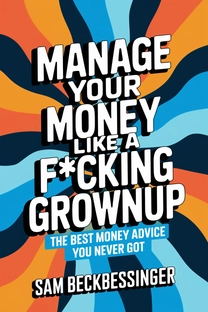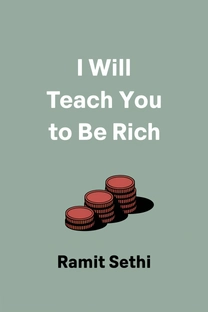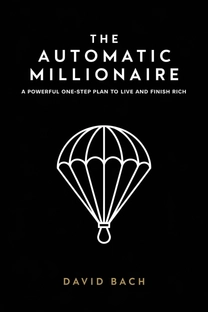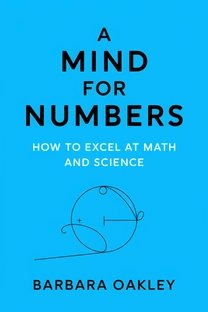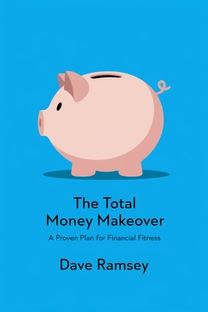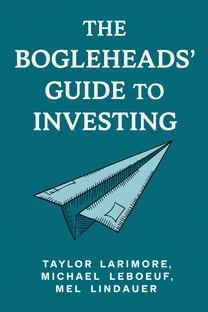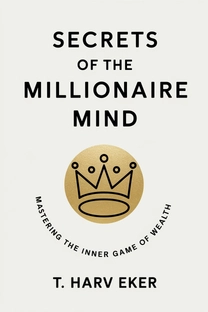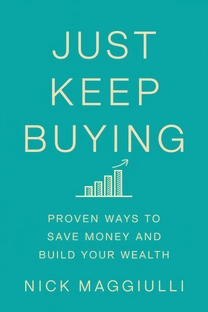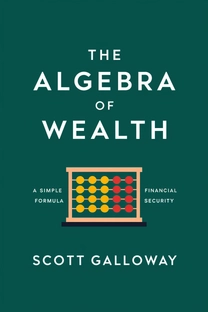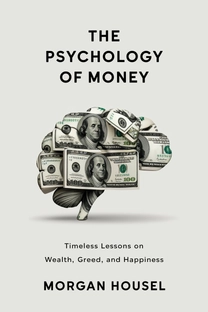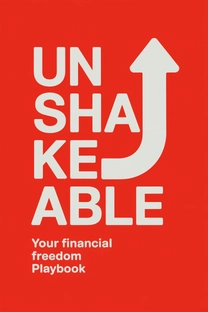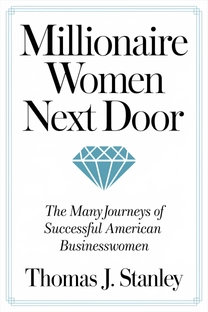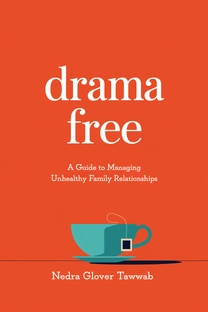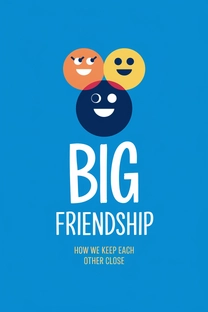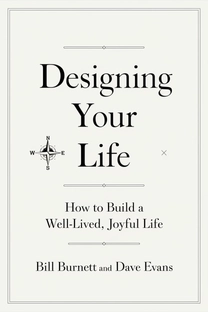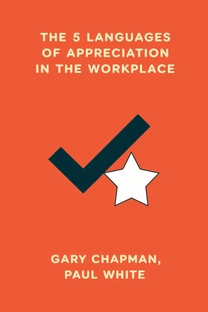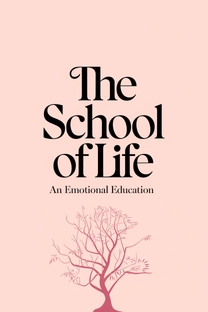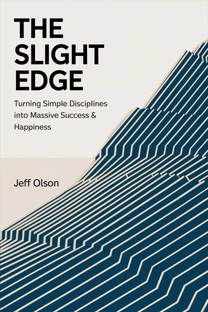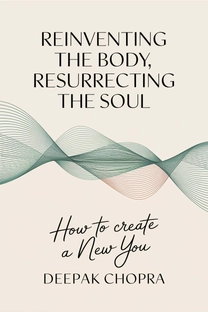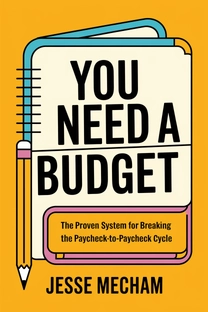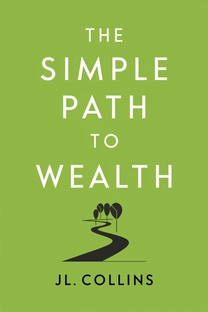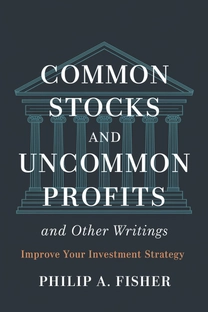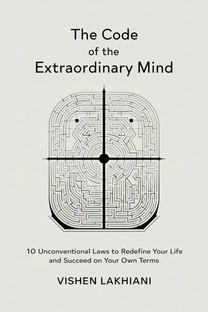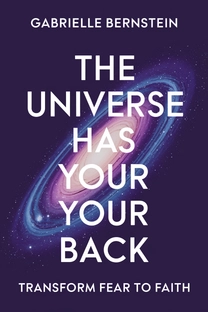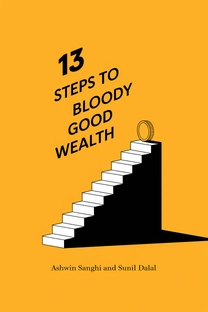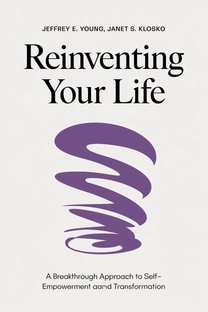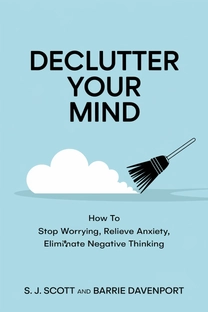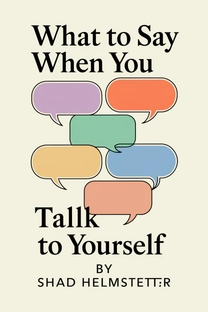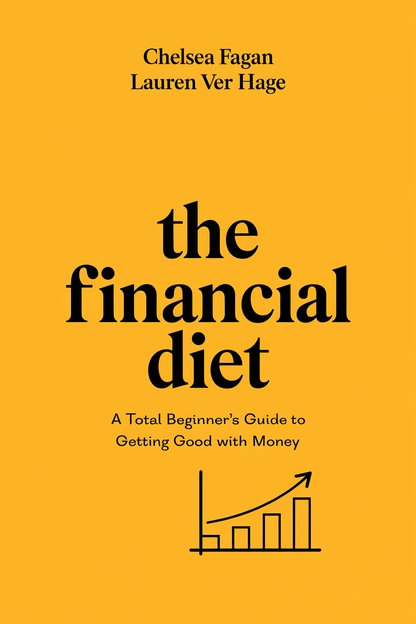
The Financial Diet
A Total Beginner’s Guide to Getting Good with Money
by Chelsea Fagan, Lauren Ver Hage
Brief overview
This book offers a clear, approachable roadmap to getting serious about personal finance and building lasting wealth. It blends relatable stories with hands-on strategies to help you understand budgeting, investing, and everyday money decisions. Expect an engaging and practical guide that empowers you to take control of your finances, no matter your starting point.
Introduction
Money often feels overwhelming, yet it underpins every part of our daily lives. Whether you’re barely paying bills or simply unsure where your savings should go, taking charge of your finances can relieve stress and open up new possibilities. This section introduces the main themes: spending with intention, building security, and living a fulfilling life—without ignoring the numbers in your bank account.
Many of us grew up thinking finances were either painful or taboo, so we avoided the subject. But avoiding money talk leads to mistakes and missed opportunities. By embracing a warm, realistic view of money—one that allows room for everyday mistakes—you’ll see how healthy finances can support your real life, not control it.
From budgeting to cooking at home, from investing small amounts regularly to openly talking about money with friends, this book is about realistic methods. When you realize that every dollar can fuel a better future, you’ll be more inspired to take charge. Let’s start with your most pressing daily challenge: the budget.
Budgeting Basics
A budget is the cornerstone of any financial plan. It clarifies how much money is coming in and where it’s going each month. Without this roadmap, you’re driving blind—and any surprise expense can derail your progress.
Start by listing your income after taxes, then detail every recurring expense: rent, utilities, groceries, and so on. Next, categorize the rest. A popular approach is 50% of income for essentials, 30% for lifestyle spending, and 20% toward savings or debt payments. These percentages can be tweaked to fit your situation.
Above all, check your budget regularly. Tracking your finances is where real awareness happens. Staying under certain “caps” for monthly spending or lifestyle costs will keep you from drifting into unhealthy habits and help fund the future you imagine.
What is The Financial Diet about?
The Financial Diet: A Total Beginner’s Guide to Getting Good with Money by Chelsea Fagan and Lauren Ver Hage provides a comprehensive exploration of personal finance, focusing on strategies designed to build wealth responsibly and sustainably. Through an amalgamation of personal anecdotes and practical advice, the book demystifies essential financial concepts like budgeting, investing, and saving, making them accessible to anyone looking to enhance their financial knowledge. Offering actionable strategies on managing money, the authors aim to empower readers to take control of their financial future, fostering both confidence and clarity in financial decision-making.
In today's consumption-driven world, many find themselves living paycheck to paycheck, often overwhelmed by the demands of modern finances amidst inadequate financial education. The Financial Diet counters this by being a supportive guide, directing readers away from the stress of financial uncertainty and towards mindful financial independence. The authors stress the importance of self-discipline, illustrating how structured financial behavior can lead to freedom and security. With an emphasis on incremental change and realistic goal setting, the book is a valuable asset for those seeking to escape financial anxiety, align their spending with their values, and build a pragmatic financial pathway.
Accessible and engaging, the book not only addresses common financial pitfalls but also promotes adaptability and resilience in personal finance. Readers will find insightful tips on nurturing their careers, sustaining healthy financial relationships, and the rewarding art of home-cooked meals as a means of saving money. Stressing that financial literacy is attainable for all, The Financial Diet stands out as a reliable companion for anyone wishing to learn the foundations of money management.
Review of The Financial Diet
The Financial Diet succeeds in marrying relatability with practicality, offering an engaging read for financial novices and those looking to rethink their fiscal strategies. The key strength of the book lies in its accessible approach, providing readers with a clear and vibrant picture of money management without overwhelming them. By merging everyday scenarios with financial principles, the authors illuminate the often intimidating world of personal finance and transform it into something comprehensible and approachable.
The authors bring to light several unique aspects, notably their emphasis on lifestyle and financial synergy. Through the lens of personal stories, they offer a practical roadmap on budgeting, shedding light on the power of emergency funds, and guiding readers to make informed investment decisions. This fusion of life skills with financial acuity ensures that their advice appeals even to those whose financial knowledge is minimal. Moreover, their easygoing writing style and crisp language make concepts more digestible, providing a realistic and encouraging tone that motivates readers to implement change.
Undoubtedly, the book’s practical applications are plentiful. Whether it's teaching fundamental budgeting techniques or recommending small lifestyle adjustments for significant monetary benefits, it ensures that each reader comes away with actionable takeaways to improve their financial outlook. It's a vital resource for young professionals, recent graduates, or anyone eager to shake off the shackles of financial naiveté. This book underscores that taking those first, often daunting steps toward financial literacy can be less challenging when equipped with the right knowledge and mindset. It gets a hearty recommendation for a refreshing and indispensable guide on personal finance.
Who should read The Financial Diet?
- Young professionals seeking ways to manage their income wisely. The book provides tools for budgeting and aligning financial habits with professional goals.
- College graduates with limited financial knowledge who need to establish a foundational understanding of personal finance.
- Individuals navigating mid-life career changes or seeking financial resilience amidst career transitions. The book offers strategies for investment and skill development.
- People aiming to minimize debt and maximize savings, as the book provides actionable tips on creating emergency funds and managing debt.
- Adults entering into financial agreements within relationships, needing the skill to address and discuss money matters effectively with partners.
About the author
Book summaries like The Financial Diet
Why readers love Mindleap
10-Minute Book Insights
Get the core ideas from the world's best books in just 10 minutes of reading or listening.
Curated For You
Discover your next favorite book with personalized recommendations based on your interests.
AI Book ExpertNew
Chat with our AI to help find the best book for you and your goals.
Reviews of MindLeap
Love how I can get the key ideas from books in just 15 minutes! Perfect for my busy schedule and helps me decide which books to read in full.
Alex R.
The summaries are incredibly well-written and the audio feature is perfect for my commute. Such a time-saver!
Jessica M.
Great app for personal growth. The insights are clear and actionable, and I love how they capture the essence of each book.
Chris P.
The app is beautifully designed and the summaries are top-notch. Definitely worth every penny!
Sarah K.


